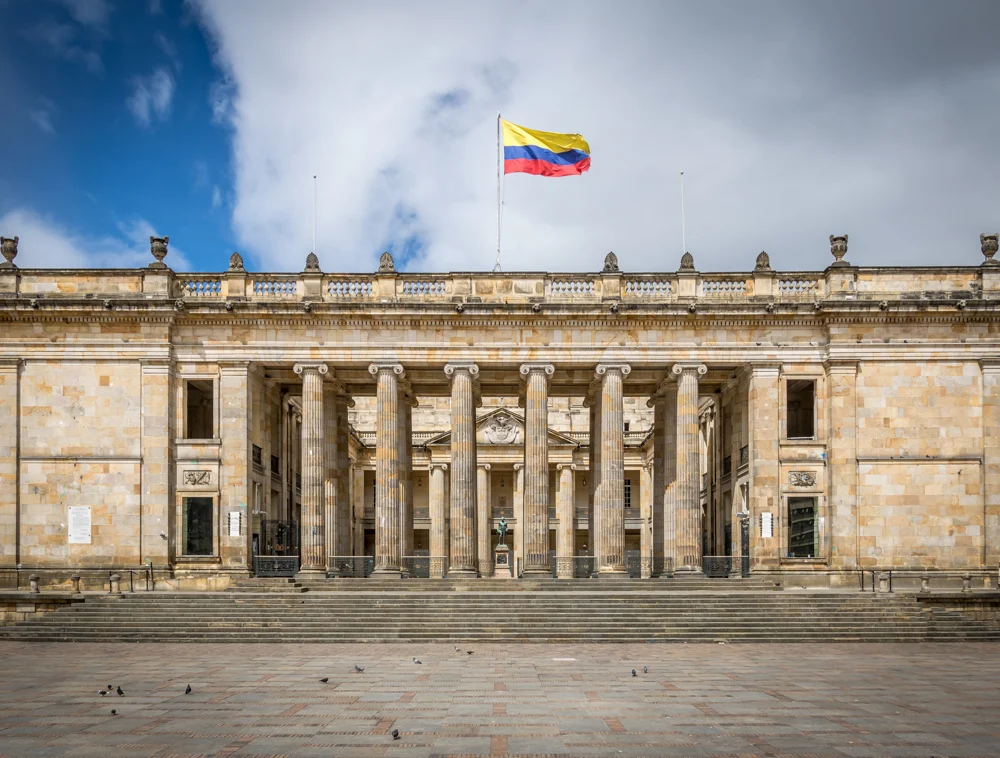Colombia Takes First Steps Toward Regulating Cryptocurrency Exchanges – More and more countries in Latin America are recognizing the rise and significance of cryptocurrency and cryptocurrency-related businesses in their territories. Colombia is one of them, prompting the government to speed up the regulation of cryptocurrency exchanges in order to define the companies’ responsibilities and obligations.
In this regard, the Colombian Congress has made a step in the right path by passing a bill that aims to improve the clarity and security of cryptocurrency exchange operations in the country. Representative Mauricio Toro of the Green Party, one of the bill’s proponents, expressed his thoughts on the situation on social media.
Also Read: Lawsuit Claims US Labor Department’s Crypto Guidance Is Unlawful
According to Toro:
“Colombia must go forward in regulating this legal, multibillion-dollar business, not only to create jobs and opportunities, but also to bring peace to Colombians who can acquire their assets safely.”
Toro further noted that this bill is intended to protect users and clients of these platforms from becoming victims of Ponzi schemes.
While Toro is hopeful about the bill’s potential impact, the project is still in its early stages and will need to be approved and presented as legislation three more times. Due to the current political situation in Colombia, which is in the middle of an election cycle with a second election round coming up soon, this may take longer than usual.
If approved in its current form, cryptocurrency exchanges in Colombia will be required to register in order to offer their services, explaining to their customers the benefits, risks, and potential rewards of crypto trading. Banks will also allow direct connections between cryptocurrency exchanges and fiat currency accounts, reducing the risk of Ponzi schemes and other pyramid schemes developing.
Other Colombian institutions are taking steps to monitor and govern customer-exchange interactions. The UIAF, a money-laundering watchdog, said in April that users would be required to record their cryptocurrency transactions to the agency using an online system. However, the organization eventually backpedaled and postponed the adoption of the resolution in question.




